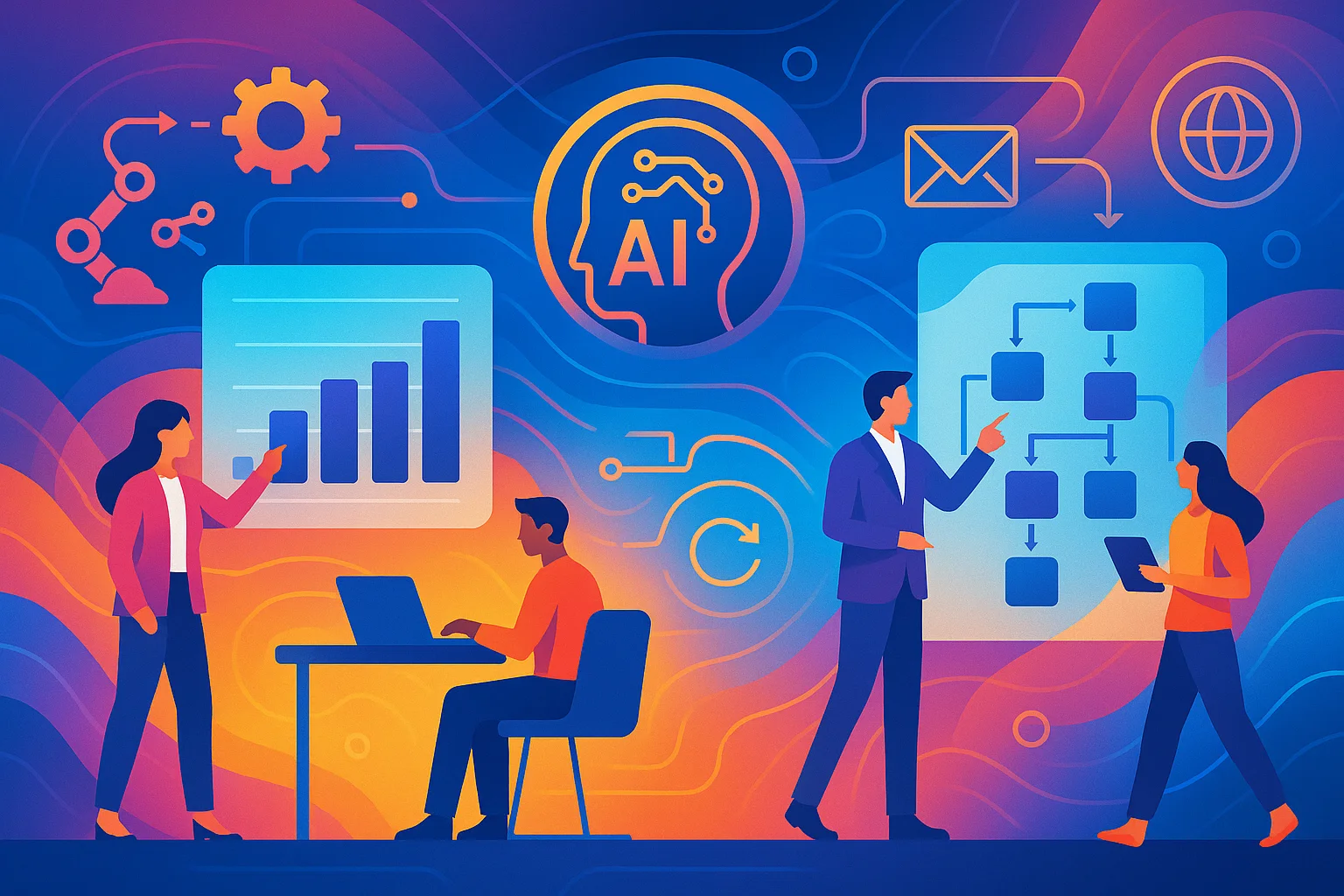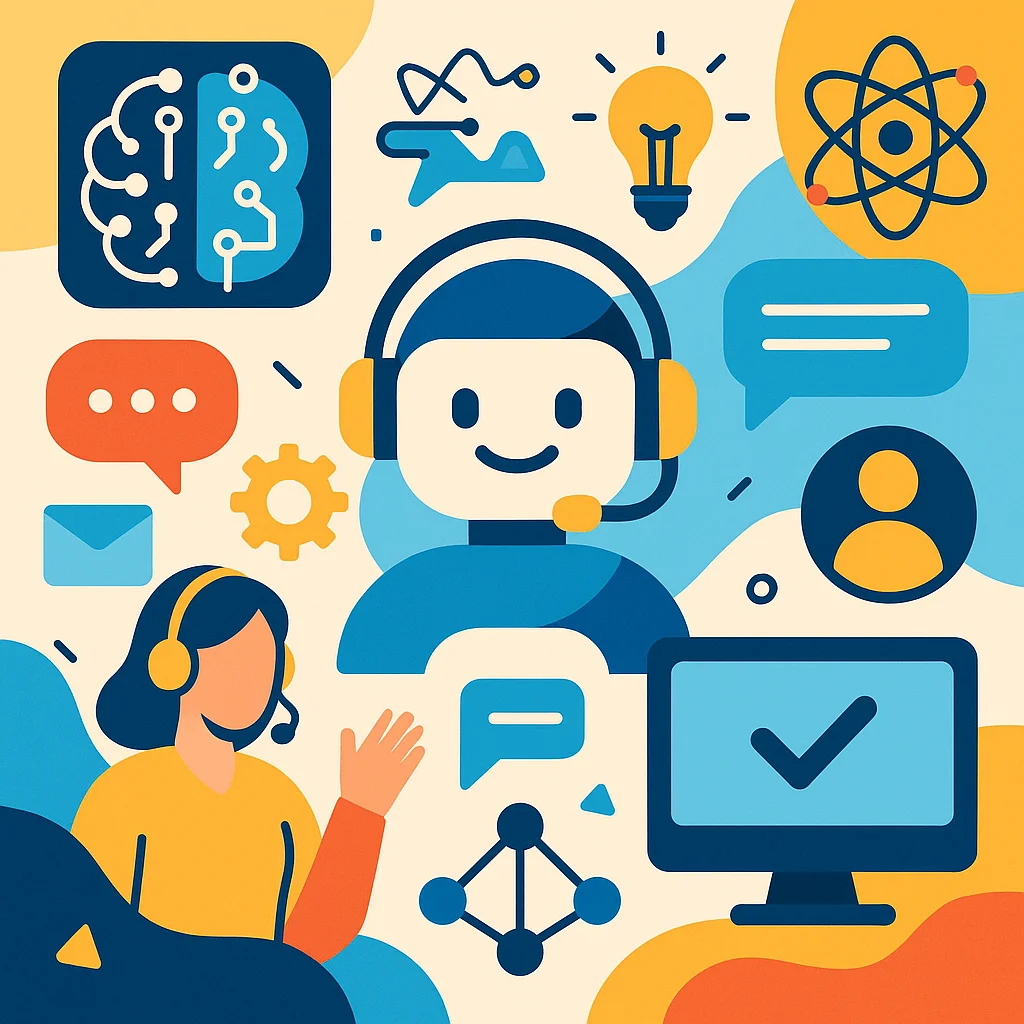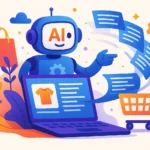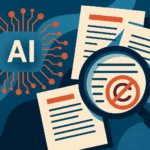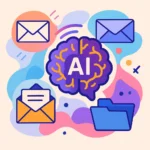Now Reading: Small Business, Big Results: Leveraging AI for Business Growth
-
01
Small Business, Big Results: Leveraging AI for Business Growth
Small Business, Big Results: Leveraging AI for Business Growth
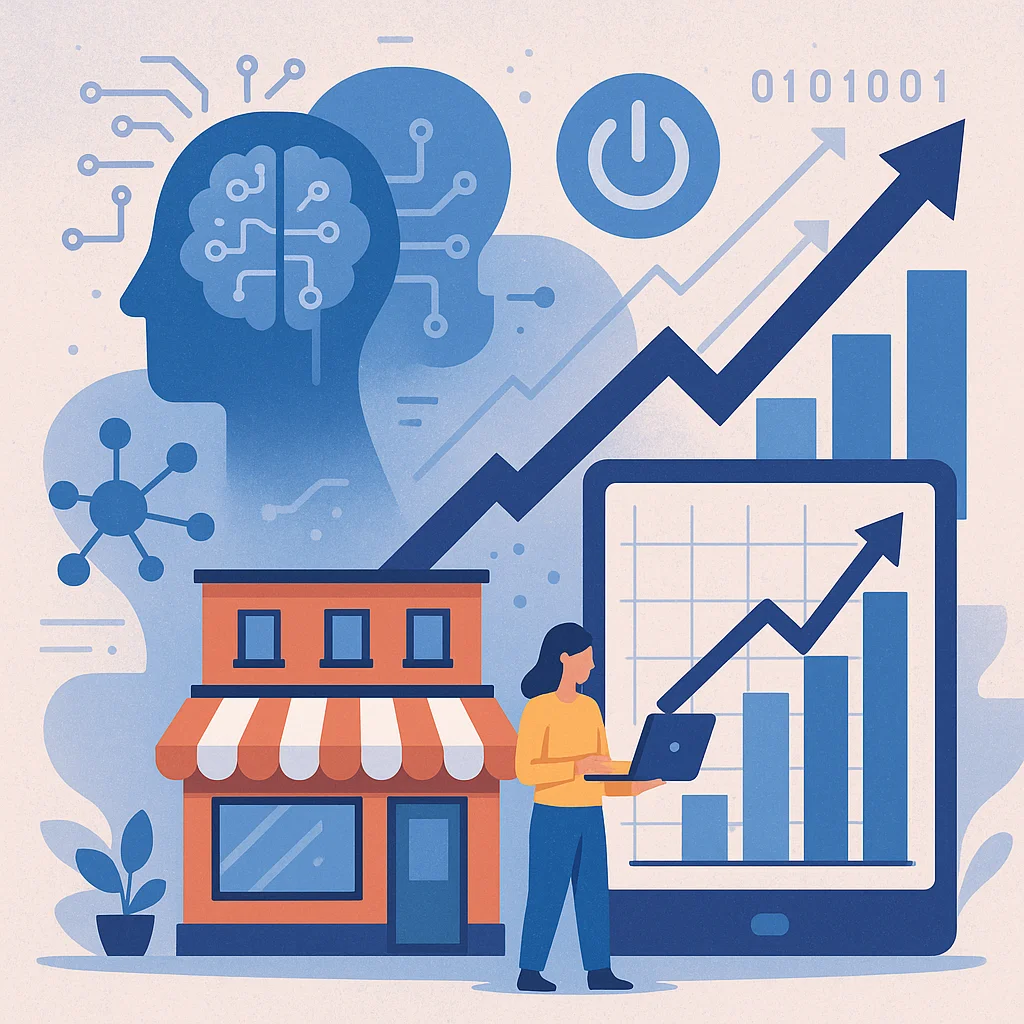
Are you tired of watching larger competitors outpace your small business? What if you could level the playing field without hiring an army of new employees? AI for small business growth isn’t just a buzzword-it’s becoming the secret weapon for entrepreneurs who want to scale efficiently. And the best part? You don’t need a massive budget or technical expertise to get started.
Key Takeaways
How can AI drive small business growth? AI empowers small businesses to compete with larger companies by:
- Automating repetitive tasks like data entry, scheduling, and basic customer service, saving an estimated $273.5 billion annually for small businesses
- Enhancing customer experiences through 24/7 support, personalization, and faster response times
- Optimizing marketing efforts with data-driven insights, targeted campaigns, and content creation assistance
- Streamlining operations by improving efficiency, reducing costs, and minimizing errors
- Enabling data-driven decisions through powerful analytics that were once only available to large corporations
Automating Repetitive Tasks For Efficiency
One of the biggest challenges for small business owners? There’s never enough time in the day. You’re constantly juggling multiple responsibilities, and those repetitive, time-consuming tasks eat up hours that could be spent on strategy and growth.
This is where AI for small business growth really shines. By automating mundane tasks, AI frees up your most valuable resource-time.
Streamlining Administrative Work
Think about all those administrative tasks that consume your day:
- Data entry and management: AI can automatically capture, categorize, and file information
- Scheduling and calendar management: AI assistants can handle appointment booking, rescheduling, and reminders
- Invoice processing and bookkeeping: AI-powered accounting software can track expenses, generate invoices, and even flag potential errors
For example, AI-powered bookkeeping software like QuickBooks automates financial management by categorizing expenses, tracking income, and generating reports. This not only saves time but also reduces the likelihood of costly errors.
Enhancing Customer Support
Customer service is crucial, but it can also be incredibly time-consuming. AI tools like chatbots can:
- Provide instant responses to common questions 24/7
- Route complex issues to the appropriate human team members
- Collect important customer information before human intervention
- Scale your support capabilities without adding staff
The Small Business and Entrepreneurship Council study estimated that AI tools save a whopping 6.33 billion hours in owner and employee time annually. That translates to approximately $273.5 billion in savings-money that can be reinvested into growing your business.
Automating Content Creation
Creating fresh content for your website, social media, and marketing materials is essential but time-consuming. AI writing tools can help by:
- Generating first drafts of blog posts, social media content, and email campaigns
- Brainstorming content ideas based on trending topics in your industry
- Optimizing existing content for search engines
- Creating variations of your content for different platforms
I’ve personally cut my content creation time in half by using AI to generate rough drafts that I can then refine and personalize. This allows me to maintain a consistent content schedule without sacrificing quality or spending all my time writing.
Useful Articles:
Enhancing Customer Experiences Through AI
Today’s customers expect personalized, responsive experiences-regardless of whether they’re dealing with a Fortune 500 company or a local small business. AI for small business growth enables you to deliver these experiences at scale.
Personalization At Scale
One of the most powerful applications of AI is its ability to analyze customer data and deliver personalized experiences:
- Product recommendations based on browsing history and past purchases
- Customized email content that speaks to individual interests and needs
- Personalized website experiences that adapt to visitor behavior
- Targeted offers and promotions based on customer preferences
This level of personalization was once only possible for companies with large marketing teams. Now, AI makes it accessible to businesses of all sizes. The result? Higher engagement, improved conversion rates, and stronger customer loyalty.
24/7 Customer Support
Your customers don’t operate on a 9-to-5 schedule, and with AI, neither does your support team. AI-powered chatbots and virtual assistants can:
- Answer common questions instantly at any time of day
- Provide product recommendations and support
- Collect customer information before handing off to human agents
- Handle multiple customer inquiries simultaneously
These tools ensure that your customers always receive prompt attention, even outside business hours or during peak periods when your team is overwhelmed.
Proactive Customer Service
AI doesn’t just react to customer needs-it can anticipate them. By analyzing patterns in customer behavior, AI can:
- Identify potential issues before customers complain
- Suggest products or services based on predicted needs
- Reach out with timely information or offers
- Flag at-risk customers for special attention
This proactive approach not only improves customer satisfaction but also increases retention and lifetime value-critical factors for sustainable business growth.
A small business owner I know implemented an AI chatbot on her e-commerce site and saw customer satisfaction scores increase by 35% while reducing support costs by nearly 40%. The chatbot handles routine questions, allowing her team to focus on complex issues that truly require human intervention.
Optimizing Marketing Strategies With AI
Marketing is often one of the most challenging aspects of running a small business. You need to reach the right people with the right message at the right time-all while managing limited budgets and resources. AI for small business growth transforms marketing from guesswork to science.
Data-Driven Customer Insights
AI excels at analyzing vast amounts of data to uncover patterns and insights that humans might miss:
- Customer segmentation: Identify distinct groups within your audience based on behavior, preferences, and needs
- Trend identification: Spot emerging trends in your industry or customer base
- Competitive analysis: Understand what’s working for competitors and where opportunities exist
- Customer journey mapping: Track how customers interact with your business across touchpoints
These insights allow you to make informed decisions about where to focus your marketing efforts for maximum impact.
Content Creation And Optimization
Creating engaging content consistently is a challenge for most small businesses. AI tools can:
- Generate content ideas based on trending topics and keywords
- Create first drafts of blog posts, social media updates, and email campaigns
- Optimize content for search engines to improve visibility
- Suggest improvements to existing content
For example, AI writing assistants can help brainstorm ideas, generate SEO titles, create article briefs, and more, helping your content marketing team do more in less time.
Targeted Advertising
AI dramatically improves the effectiveness of your advertising by:
- Identifying the most receptive audiences for your products or services
- Optimizing ad placement across platforms for maximum visibility
- Adjusting bids in real-time to get the best return on investment
- Testing multiple variations to determine what resonates best
One small business owner I know was struggling with Facebook ads until they implemented an AI tool that optimized their targeting and creative elements. Their cost per acquisition dropped by 40% while conversion rates increased by 25%.
Personalized Email Marketing
Email remains one of the most effective marketing channels, and AI makes it even more powerful:
- Send emails at optimal times for each recipient
- Personalize subject lines and content based on individual preferences
- Segment your list automatically based on behavior and engagement
- Predict which offers will resonate with different segments
By leveraging AI for your marketing efforts, you can achieve results that previously required a dedicated marketing team and substantial budget-all while freeing up your time to focus on other aspects of your business.
Useful Articles:
Streamlining Operations For Maximum Efficiency
Operational efficiency is the backbone of sustainable business growth. AI for small business growth provides tools that streamline operations, reduce costs, and minimize errors-allowing you to do more with less.
Inventory Management And Demand Forecasting
For businesses that sell physical products, inventory management is critical. Too much inventory ties up capital; too little leads to missed sales opportunities. AI helps by:
- Predicting demand based on historical data, seasonal trends, and external factors
- Optimizing stock levels to minimize carrying costs while avoiding stockouts
- Automating reordering when inventory reaches predetermined thresholds
- Identifying slow-moving items that may require promotional efforts
These capabilities ensure you have the right products in the right quantities at the right time-without requiring constant manual oversight.
Process Optimization
Every business has workflows and processes that could be more efficient. AI can:
- Identify bottlenecks and inefficiencies in your operations
- Suggest process improvements based on data analysis
- Automate workflow management and task assignment
- Monitor processes in real-time to catch issues early
By optimizing your processes, you can reduce waste, improve quality, and increase output without adding resources.
Resource Allocation
Making the most of limited resources is essential for small business growth. AI helps by:
- Optimizing staff scheduling based on predicted demand and employee skills
- Allocating budget to activities with the highest return on investment
- Managing energy usage to reduce utility costs
- Prioritizing tasks based on impact and urgency
These capabilities ensure that every dollar and hour invested in your business generates maximum returns.
A restaurant owner I know implemented an AI-powered scheduling system that analyzes historical sales data to predict staffing needs. The result? Labor costs decreased by 15% while customer service improved because they always had the right number of staff on hand during peak times.
Making Data-Driven Decisions With AI Analytics
One of the most powerful ways AI drives small business growth is by transforming how you make decisions. Instead of relying on gut feelings or limited information, AI provides comprehensive data analysis that leads to better outcomes.
Business Intelligence For Everyone
Advanced business intelligence was once only available to large corporations with dedicated data teams. AI democratizes these capabilities:
- Dashboards and visualizations that make complex data easy to understand
- Automated reporting that delivers key insights without manual effort
- Anomaly detection that flags unusual patterns requiring attention
- Predictive analytics that forecast future trends and outcomes
These tools give you the same data advantages as larger competitors, without requiring specialized expertise or significant investment.
Market Analysis And Opportunity Identification
Understanding your market is crucial for growth. AI helps by:
- Analyzing market trends and consumer behavior
- Identifying underserved segments or unmet needs
- Evaluating potential new products or service offerings
- Assessing competitive threats and opportunities
This information allows you to make strategic decisions about where to focus your growth efforts for maximum impact.
Financial Analysis And Planning
Managing finances effectively is essential for sustainable growth. AI-powered tools can:
- Forecast cash flow based on historical patterns and current conditions
- Identify cost-saving opportunities by analyzing spending patterns
- Optimize pricing based on market conditions and customer willingness to pay
- Detect potential fraud or errors in financial transactions
These capabilities help you maintain financial health while making informed decisions about investments in growth.
A retail business owner I know used AI analytics to optimize their pricing strategy. By analyzing competitor pricing, customer behavior, and market trends, they increased their profit margins by 12% without negatively impacting sales volume.
Useful Articles:
Implementing AI In Your Small Business
Now that you understand how AI can drive small business growth, you might be wondering how to get started. The good news is that implementing AI doesn’t have to be complicated or expensive.
Identifying The Right Opportunities
Not all AI applications will deliver equal value for your business. Start by:
- Identifying pain points in your current operations
- Listing time-consuming tasks that could potentially be automated
- Considering areas where better data or insights would improve decisions
- Evaluating customer experience gaps that AI could help address
Focus on opportunities that align with your business goals and have the potential to deliver significant impact with minimal disruption.
Choosing The Right Tools
The AI landscape is vast, but many tools are specifically designed for small businesses:
- ChatGPT and similar AI writing tools for content creation and customer communications
- AI-powered CRM systems like Salesforce or HubSpot for customer relationship management
- Chatbots like Intercom for customer support
- Analytics platforms with AI capabilities for data analysis
- Industry-specific AI tools designed for your particular business type
Look for solutions that:
- Have user-friendly interfaces
- Require minimal technical expertise
- Integrate with your existing systems
- Offer flexible pricing models suitable for small businesses
- Provide good customer support
Starting Small And Scaling
You don’t need to transform your entire business overnight. Instead:
- Start with a pilot project in one area of your business
- Measure the results to ensure the AI solution delivers value
- Refine your approach based on what you learn
- Gradually expand to other areas as you build confidence and expertise
This incremental approach minimizes risk while allowing you to learn and adapt as you go.
Training Your Team
For AI implementation to succeed, your team needs to be on board:
- Explain the benefits of AI tools, emphasizing how they’ll make jobs easier rather than replace people
- Provide training on how to use new AI tools effectively
- Encourage feedback about what’s working and what could be improved
- Celebrate successes to build enthusiasm for continued adoption
AI for small business growth isn’t just a luxury anymore-it’s becoming essential for staying competitive in today’s fast-paced market. By automating repetitive tasks, enhancing customer experiences, optimizing marketing efforts, streamlining operations, and enabling data-driven decisions, AI empowers small businesses to achieve results that were once only possible for larger companies with substantial resources.
So, what are you waiting for? Your competitors are already exploring these technologies. It’s time to embrace AI for small business growth and transform your business’s future.





